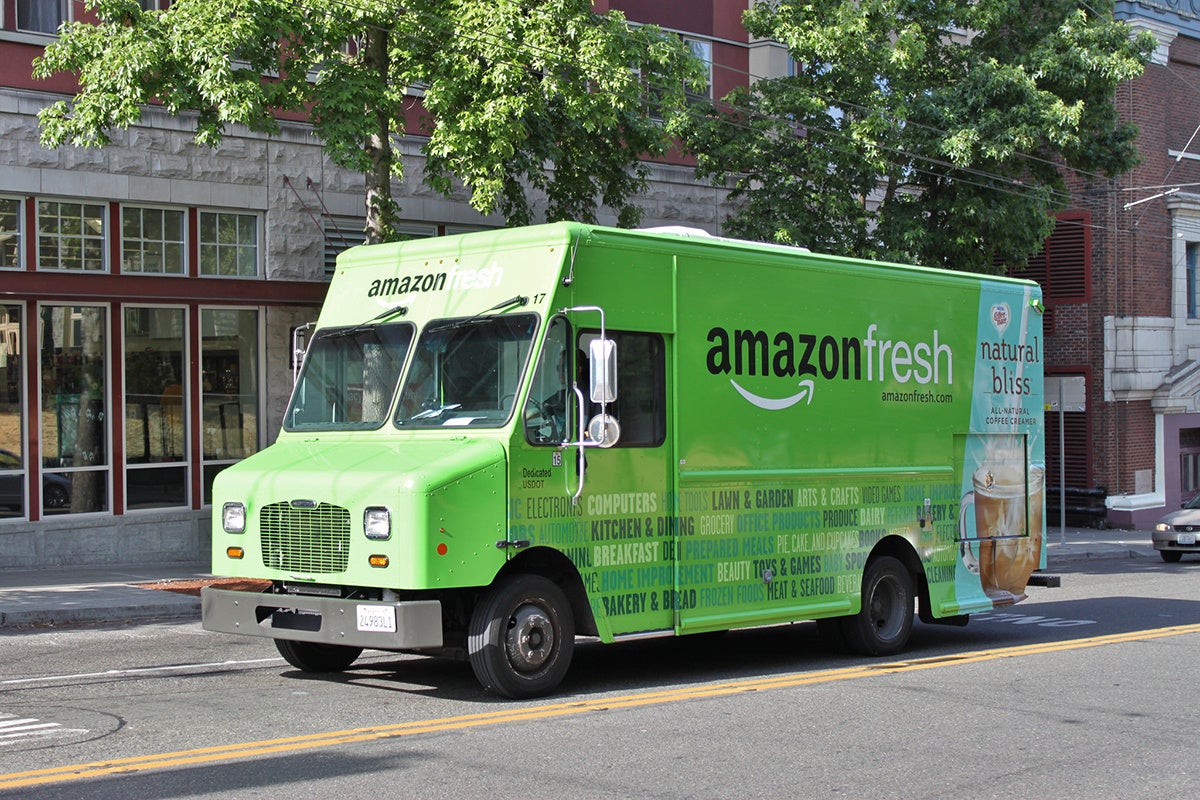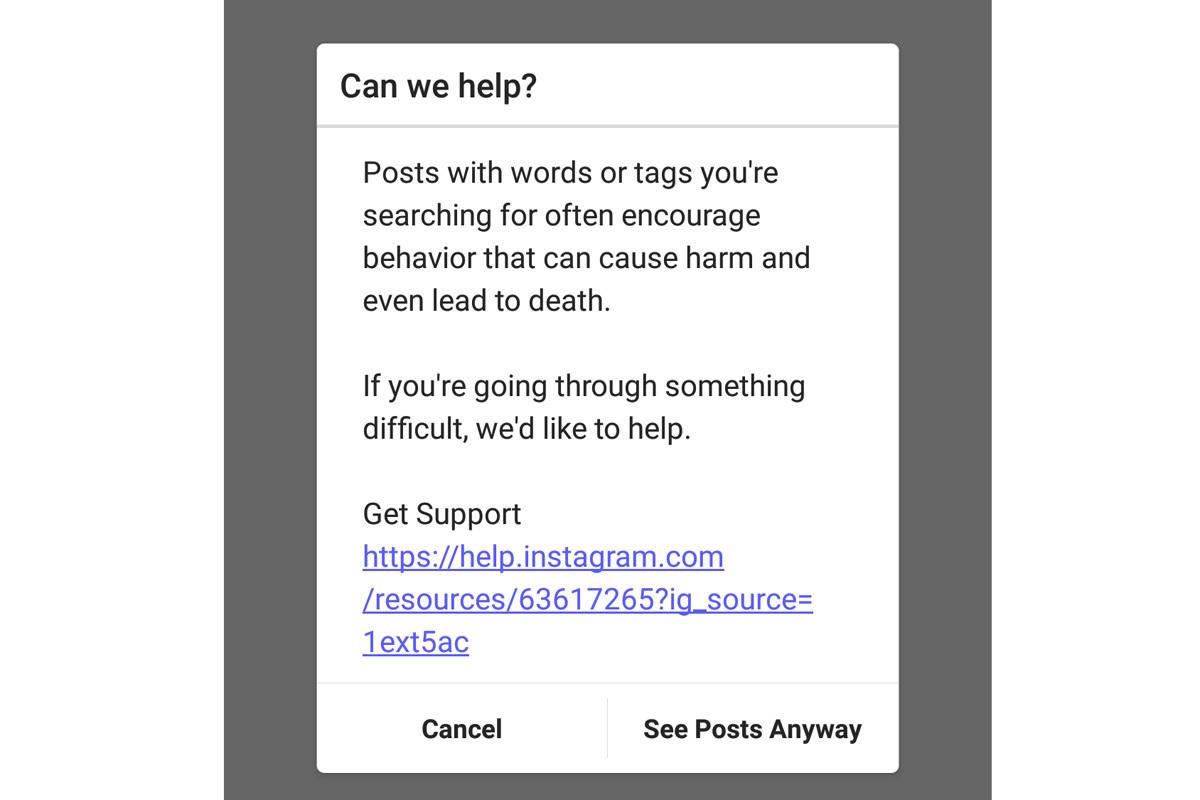Amazon wants to deliver groceries to your car trunk — not a good idea

Credit to Author: Evan Schuman| Date: Tue, 17 Oct 2017 03:00:00 -0700
In the minds of mobile shoppers, where is the line between convenience and personal space/privacy? We now have two retailers — Walmart and Amazon, the giants of in-store and online shopping, respectively — separately testing programs to deliver purchases directly into your home or your car trunk when the shopper is nowhere near.
Both efforts rely on mobile devices connecting shoppers to the scene of the delivery, where customers can theoretically watch the delivery in real time. It isn’t practical or likely, but that’s the idea. Mobile is what justifies these attempts.
Walmart’s efforts, focused entirely on shoppers letting the retailer unlock a home’s front door and put away the groceries in the shopper’s kitchen and refrigerator/freezer, is an idea that begs for a privacy/security disaster to happen. A prudent executive looks at any cutting-edge plan and asks, “What could go wrong with this and how bad is it for our customers if it does?”
To read this article in full or to leave a comment, please click here

 IDG
IDG


